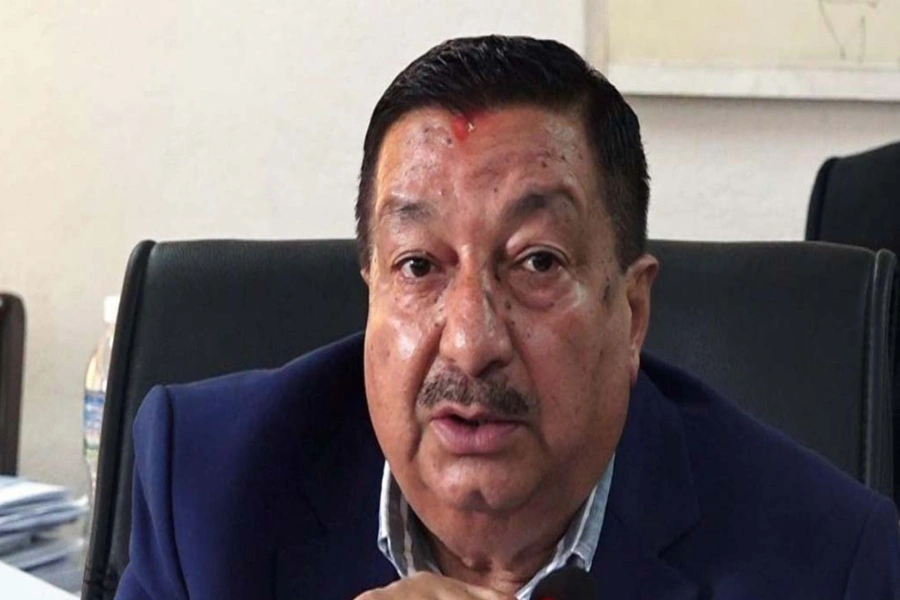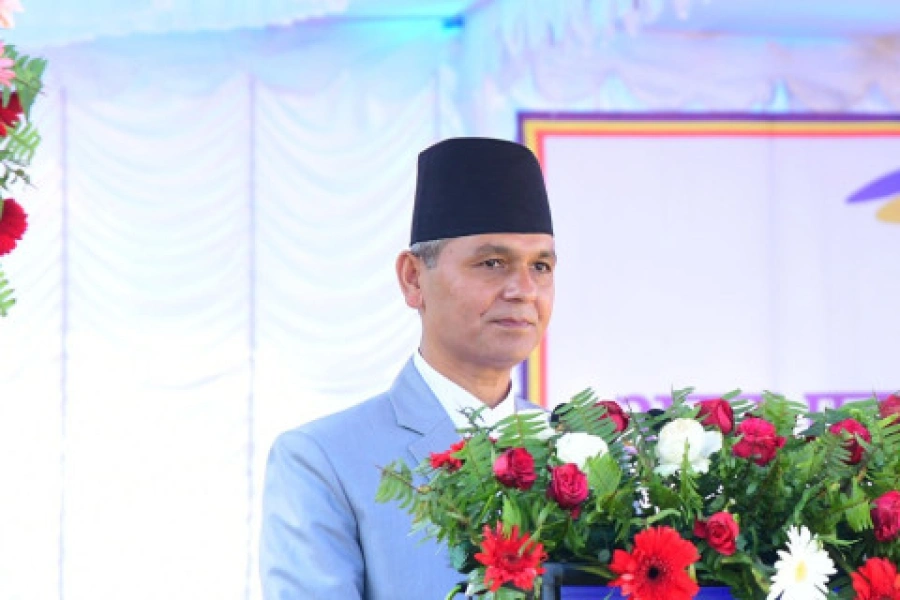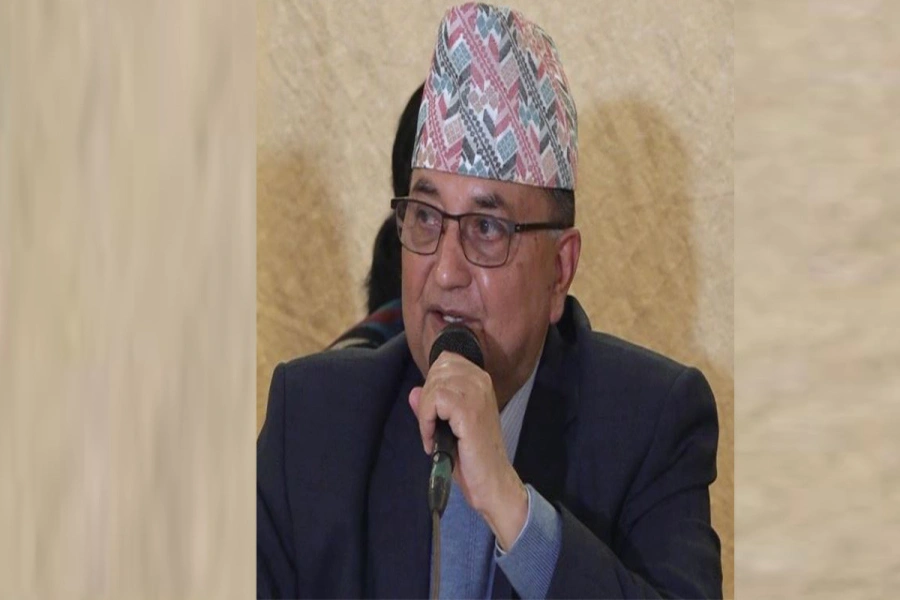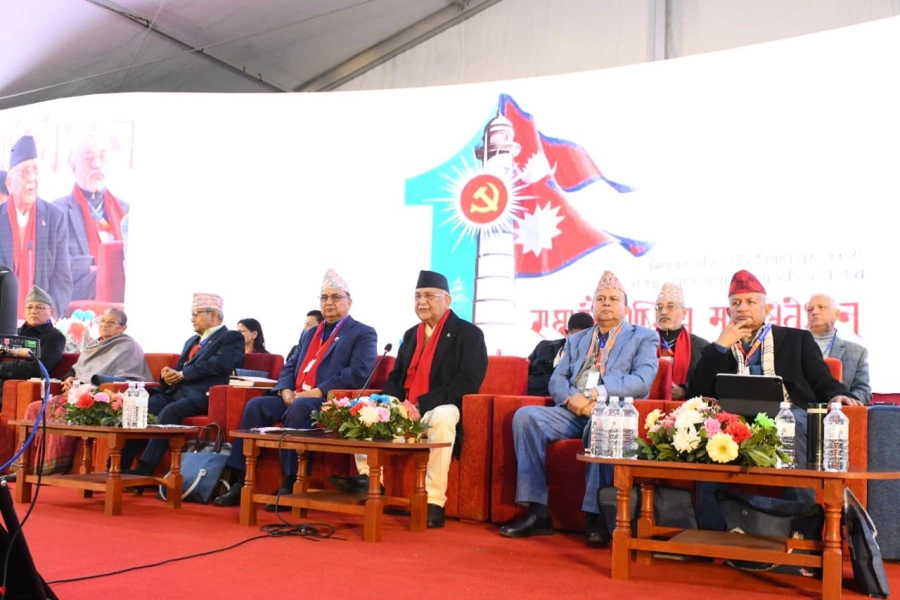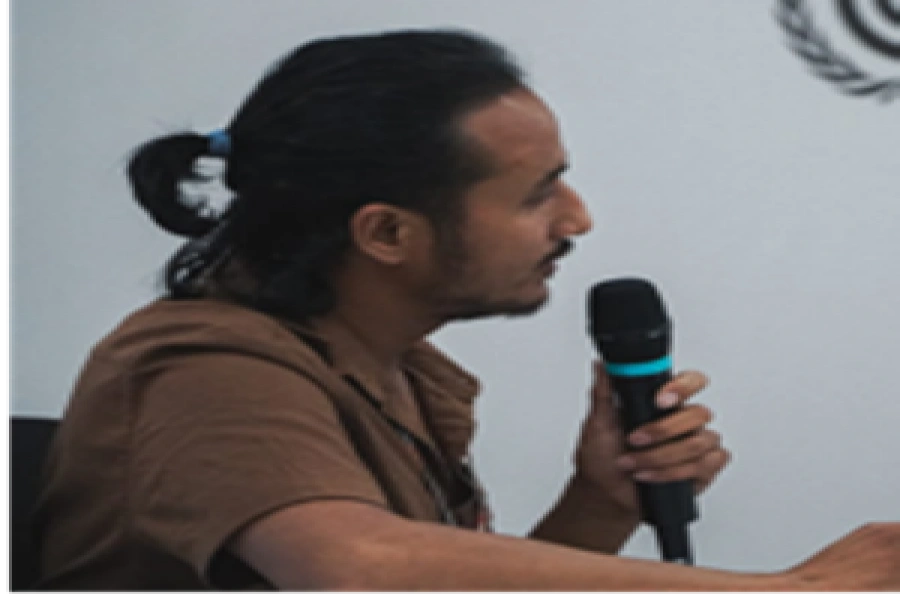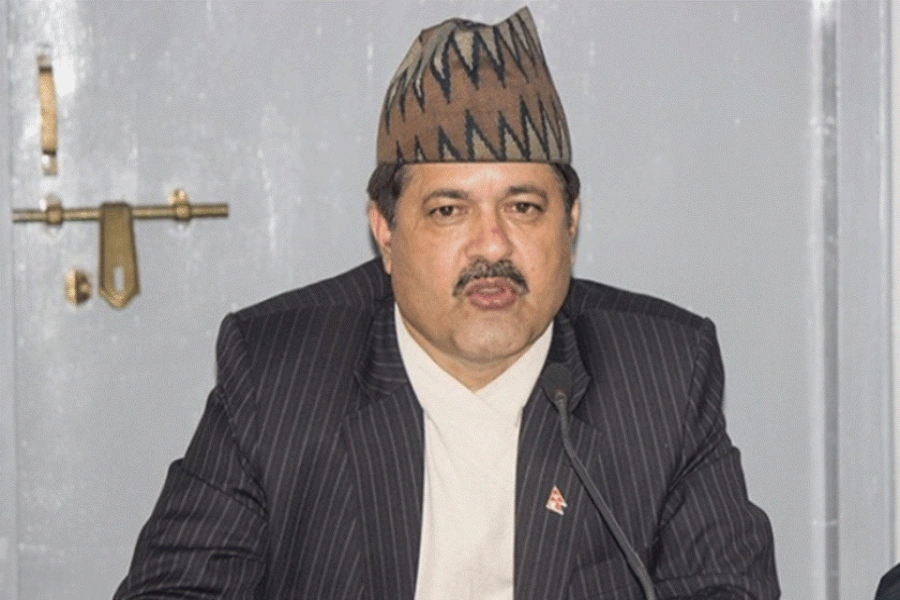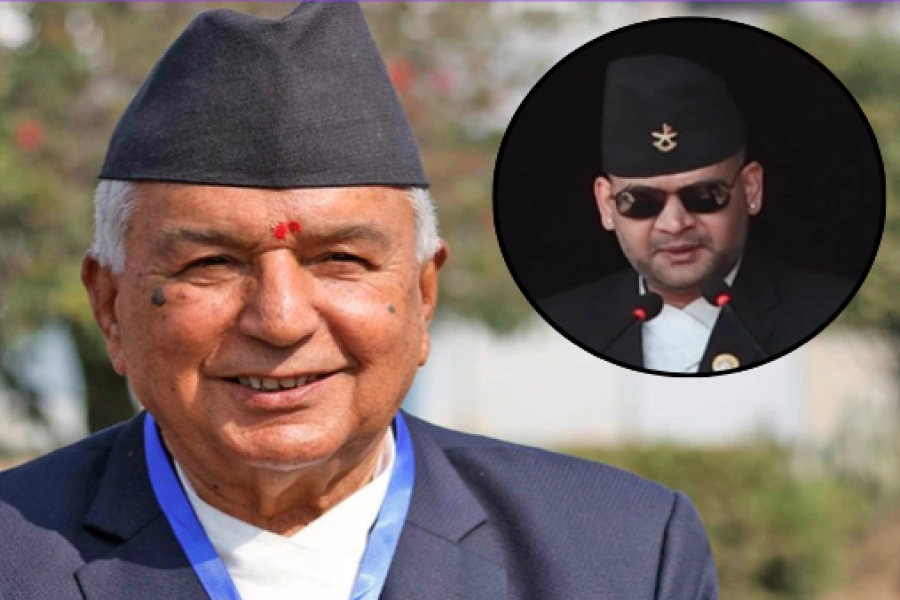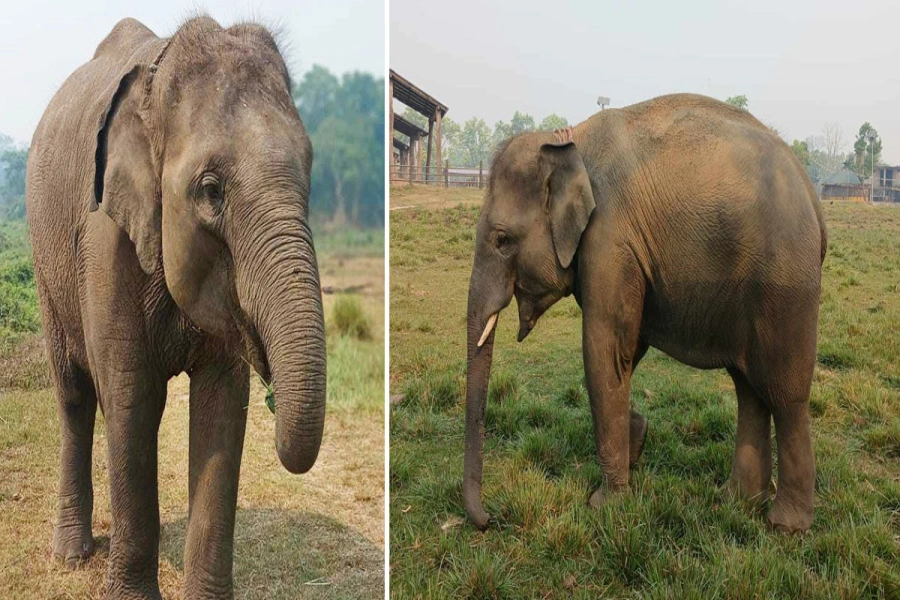KATHMANDU, Aug 11: Nepali students who have completed their schooling or higher education from foreign boards and universities are struggling to get equivalence certificates from Tribhuvan University. This is most likely to lead to brain drain to foreign countries, warn experts.
Those students getting a hard time to acquire equivalence certificates have accused the TU of being apathetic to the matter. For instance, over 100 Nepali students, who have completed their higher education from India, have yet to get TU recognition of their degrees. This has led to some of them having left for foreign countries, said the affected students.
Dr Sharad Chand from Kanchanpur district, who completed his Ph D in Pharmacy from Rajiv Gandhi University of Health Sciences, India, said they had to struggle a lot to get equivalence certificates from TU. Sharing his personal account, he said he had to visit TU around 60 times in a span of six months for the TU recognition. According to him, a Doctor in Pharmacy (Pharma D) is a six-year professional doctoral degree in the Pharmacy stream certified by the Pharmacy Council of India.
This has led to not only created negativity about TU among the students who have got internationally-recognised degrees, but also disappoint them, he said.
“When I asked for an equivalence certificate, TU initially gave me the ‘Doctor of Pharmacy equivalent to the Pharma D’. But later that equivalence was canceled by issuing a notice in Gorkhapatra Daily. When a final decision was taken to apply for the PhD based on the equivalence, it was not considered the master’s level. After I was told that I did not meet the required process for admission, I have yet to get the equivalence certificate required for applying for admission to PhD,” he said.
He said he submitted all required academic and other documents to the TU Curriculum Development Centre. On the recommendation of the University where he had enrolled and the Pharmacy Council of India, the Center gave him the equivalence certificate of Pharma D, and advised him to apply for a PhD equivalence as well. But after some days, a notice was issued in Gorkhapatra, saying there were errors in the equivalence certificate provided to him.
Brain Drain to Brain Gain: Reform Higher Education

The integrated and dual degrees have been clarified in Clause 13 of Section 5 of the Degree Recognition and Equivalence Determination Procedure, 2078.
The Procedure says if any Nepali citizens obtaining high school, bachelor’s, master’s and doctoral degrees from any foreign universities applies for TU equivalence certificates within the standards of curriculums, credit hours and the examination system prescribed for the related educational institution, bachelor, master and PhD under faculties, the equivalence certificates can be granted by meeting the due process.
Likewise, it is mentioned that if anyone asks for the equivalence or recognition of dual degrees by having additional credits at any level, the equivalence or recognition will be granted by meeting the due process in case of their credits meeting the set criteria.
But the Center refused to grant equivalence certificates despite meeting all set criteria, complained Dr Chand.
As a result of difficulties in obtaining the TU equivalence certificate, many qualified technicians are forced to go abroad, complained Kul Bahadur Rawal of Tatopani Rural Municipality in Jumla district, who completed the Doctor of Pharmacy from the Rajiv Gandhi University of Health Sciences, India. “Although TU gives the equivalence of Pharma D as Pharma D, it has not clearly mentioned whether or not this equates to a Master's degree. It should clearly clarify that Pharma D is a postgraduate (PG) degree. The University Grants Commission, India has clearly mentioned that Pharma D is a Master’s degree,” he said while accusing TU of troubling students seeking equivalence certificates by showing its dual character.
He has also accused TU employees of meting out misconducts to the students visiting the university for equivalence certificates.
The affected students have questioned, “How long will we have to suffer a big loss in acquiring the equivalence of our degrees? Who will bear this loss?” They have been fighting for the past nine years to get the equivalence reasoning that it is valid in terms of credit hours, they said. The TU employees do not respond about whether or not the documents submitted are enough, they alleged.
As other universities like Pokhara and Kathmandu do not have the authority to grant equivalence certificates, the monopoly of TU in this regard should be broken, the students demanded.
It is becoming difficult for them to apply for master’s level or jobs due to a lack of specification that Pharma D is a postgraduate degree, said Dr Rawal. India has clearly specified that Pharma D is a postgraduate degree. But TU has not. “Who will give equivalence certificates of our graduate and postgraduate degrees?”
PhD graduate Aastha Dahal, who did her PhD from Cambridge University of the United Kingdom, expressed her frustration over TU’s apparent apathy towards granting equivalency of foreign degrees, asking questions, is there any differences between postgraduate and master’s degree in the education policy of Nepal? Why is TU reluctant to grant the equivalence of higher education degrees acquired from excellent universities abroad? Why is there politics in it? This trend of TU’s reluctance is dangerous, she said, while sharing her accounts of two years of struggle to get TU recognition of her foreign degrees.
However, the Center's Executive Director Prof Dr Parasnath Yadav denied the allegation. Equivalence certificates are granted as per the criteria set by the Procedure only when all required documents are submitted, he said. “Things like entrance, source contents, credit hours and duration are required to grant equivalence as per the equivalence determination procedure, 2078. Equivalence certificates are granted only after receiving the opinion from the Office of Dean along with the confirmation. TU has given equivalence after meeting 75 percent of the subject matters, credit hours, and duration,” he said.
They were working to go digital to provide the service, he said. “We are providing the equivalence when the required credit hours are met (100 credit hours for bachelor’s, 60 for master’s and 60 for PhD degrees). Not all streams taught in the world’s universities are in TU. Physiotherapy and the Pharma D market programs are not here, either. Pharma D means pharmacy, and we have given the equivalence of Pharma D degree. We have become flexible in granting the equivalence of academic subjects,” he said.
Sumana Shrestha, a House of Representatives member from the Rastriya Swatantra Party recently drew the attention of the Education Ministry to the complaints that students were facing difficulties in acquiring equivalence certificates of their international degrees, and they were being mistreated by the TU employees in the process. She demanded in parliament three weeks ago that TU should be kept away from politics, and the Vice Chancellor appointed based on merits should have the executive powers.
(RSS)



-1765796789.webp)



